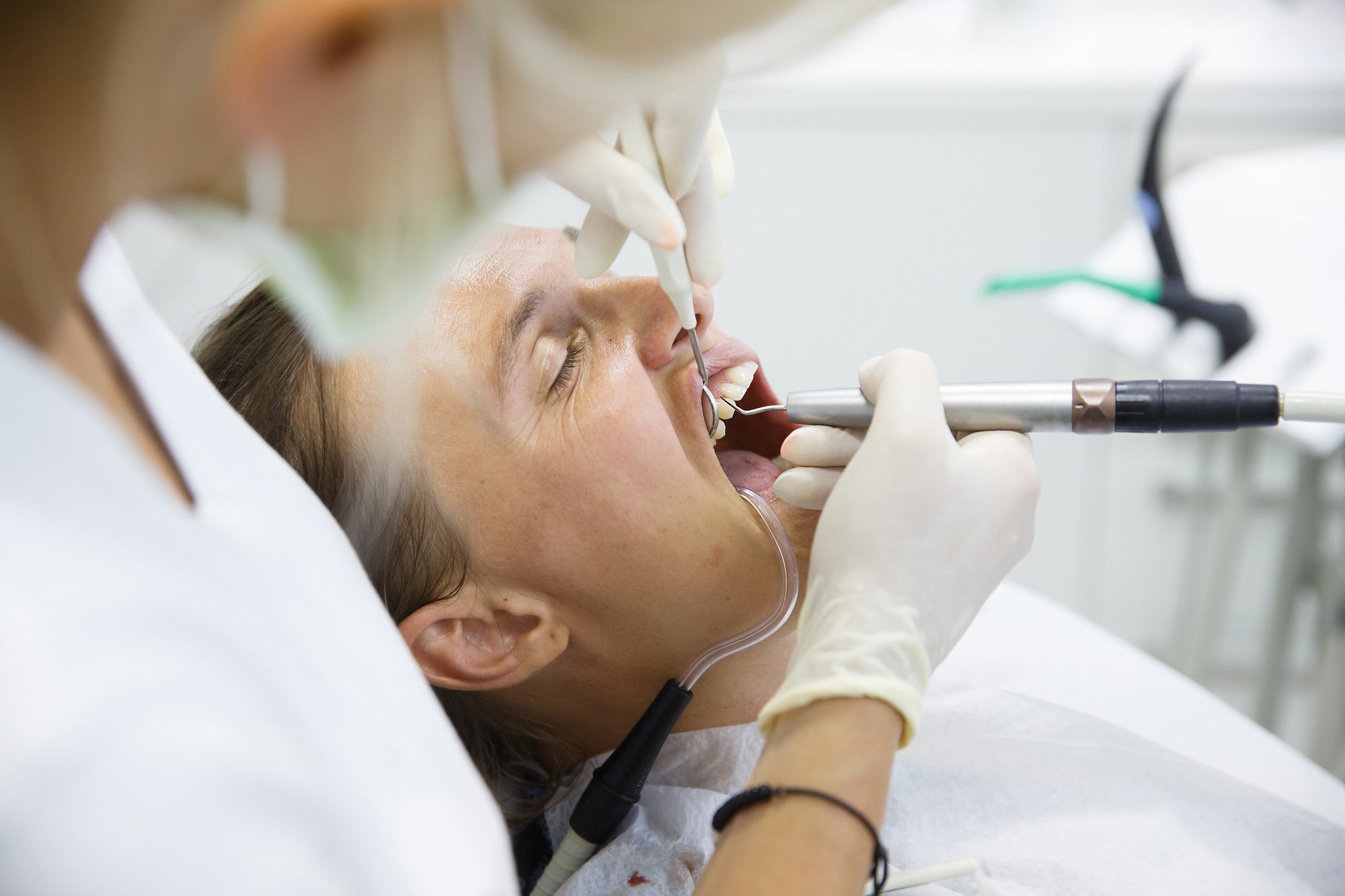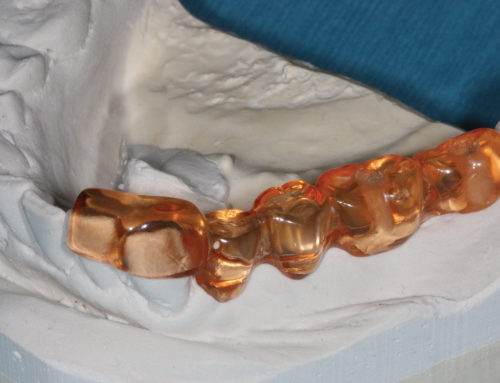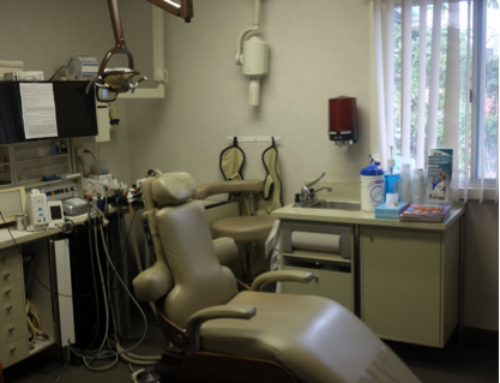
A study conducted by Interleukin Genetics, Inc. gives new insights into the prevention of adult periodontal disease. The clinical application of risk-based genetic assessment represents a significant advancement in the personalized delivery of preventive dental care. Personalized prevention evaluations are possible based on an identifiable genetic marker, IL-1, which research indicates predisposes patients to periodontal and various inflammatory diseases.
The research explored the influence of three key risk factors for periodontal disease: smoking, diabetes, and genetics on tooth loss given varied frequencies of preventive dental visits that included cleanings. By examining claims data from 5,117 patients without periodontitis throughout a 16-year period and conducting concurrent genetic testing, researchers determined that patients with genetic variations of the IL-1 genotype, or one or more other risk factors examined, were at significantly increased risk for tooth loss. The IL-1 genetic variation was the single most prevalent risk factor with nearly one in three Americans carrying this genetic variation.
“Personalized medicine is an important frontier in healthcare driven by the clinical application of genetic and molecular information. Genetic-based risk assessment has long promised to improve prevention and treatment of chronic diseases,” said Sir Gordon Duff, Professor Emeritus of Molecular Medicine the University of Sheffield and co-author of the paper. “The findings of this study represent perhaps the first broad scale application of genetics to help prevent a disease that is very prevalent, costly and preventable.”
Periodontitis initiation and progression is driven by two factors: bacterial plaque that initiates the disease and the body’s inflammatory response to bacteria which, when overly aggressive, causes breakdown of the bone and tissue that support the teeth. This inflammatory response varies greatly within the population and is significantly impacted by individual genetic makeup. Genetic testing can identify patients who have an increased inflammatory response to oral bacteria and an increased risk of periodontitis. Smoking and diabetes also contribute significantly to the risk of periodontal disease.
This study underscores the need to adopt a genetic, risk-based approach to periodontal disease management. It also gives patients a compelling reason to visit a dentist for a comprehensive periodontal evaluation. Understanding genetic predisposition to disease is a critical component of long-term prevention.





